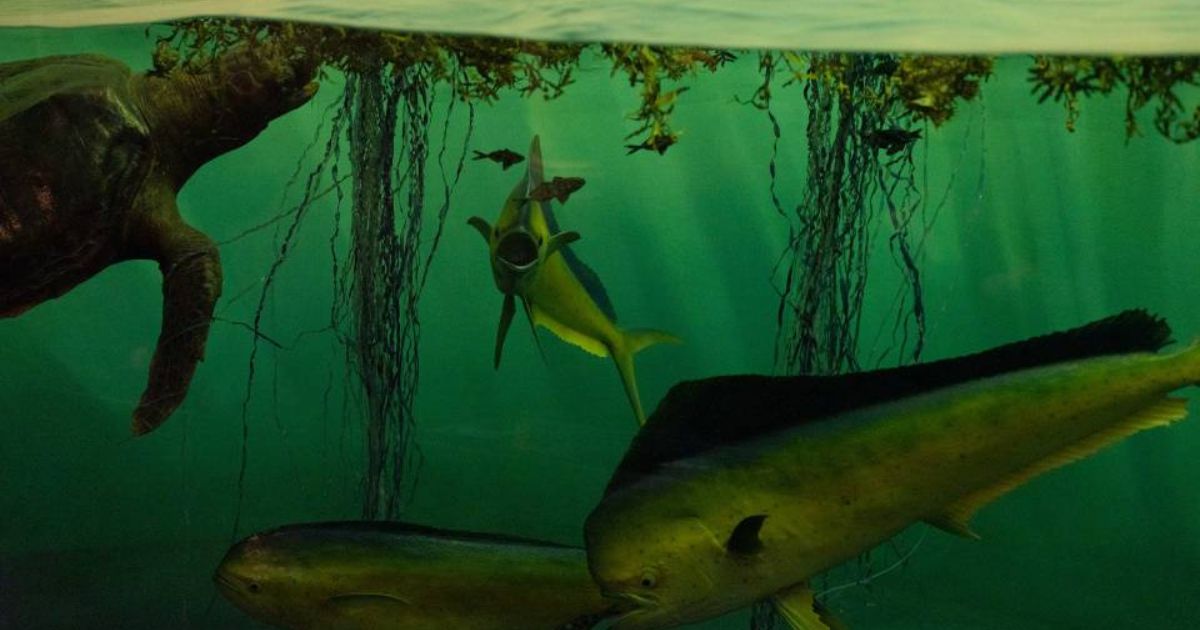As greenhouse gas emissions continue to warm the world's oceans, marine biodiversity could be on track to plummet within the next few centuries to levels not seen since the extinction of the dinosaurs, according to a U.S. National Science Foundation-supported study in the journal Science by Princeton University researchers.
The paper's authors modeled future marine biodiversity under different projected climate scenarios. They found that if emissions are not curbed, species losses from warming and oxygen depletion alone could mirror the substantial impact humans already have on marine biodiversity by around 2100. Tropical waters would experience the greatest loss of biodiversity, while polar species are at the highest risk of extinction, the authors reported.
"Aggressive and rapid reductions in greenhouse gas emissions are critical for avoiding a major mass extinction of ocean species," said senior author Curtis Deutsch. The study found, however, that reversing greenhouse gas emissions could reduce the risk of extinction by more than 70%.
"The silver lining is that the future isn't written in stone," said first author Justin Penn. "The extinction magnitude we found depends strongly on how much carbon dioxide we emit moving forward. There's still enough time to change the trajectory of CO2 emissions and prevent the magnitude of warming that would cause a mass extinction."
Deutsch and Penn combined existing physiological data on marine species with models of climate change to predict how changes in habitat conditions would affect the survival of sea animals around the globe over the next few centuries.



